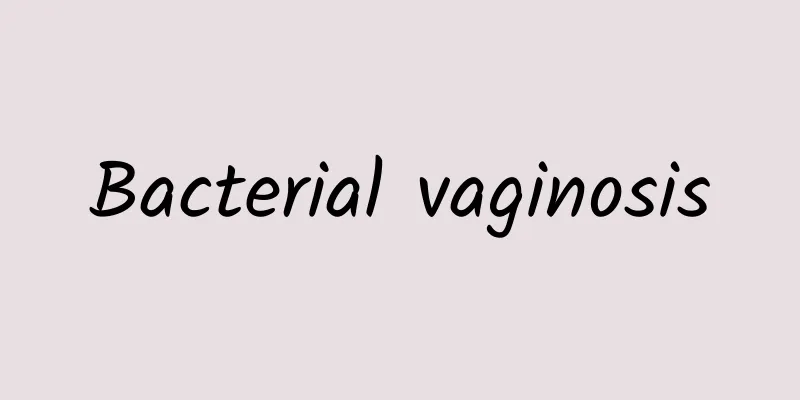Symptoms of excessive bile secretion

|
The main function of the gallbladder is to secrete bile, which can promote the digestion of food. If the bile secretion is insufficient, it will often cause various digestive tract symptoms, which is harmful to human health. Excessive bile secretion can also cause great harm, often affecting the liver and easily causing some liver diseases. If there is an abnormality in the secretion of bile, regular treatment must be carried out in time. Symptoms of excessive bile secretion The pathophysiological process caused by bile secretion and excretion disorders is manifested as excessive accumulation of bile components such as bile acid, cholesterol and bilirubin in the liver and systemic circulation, causing damage to liver cells and the body. Long-term and persistent cholestasis will progress to liver fibrosis and even cirrhosis. The most common intrahepatic causes are viral or other hepatitis, drug toxicity, and alcoholic liver disease. Less common causes include primary biliary cirrhosis, cholestasis of pregnancy, metastatic liver cancer, and other less common disorders. Insufficient bile secretion will lead to reduced digestive function and affect diet, especially meat products will be more difficult to digest. Seeing greasy food will cause nausea and loss of appetite, and cannot smell the smell of oily smoke. When bile secretion is insufficient, symptoms such as abdominal bloating, constipation, anemia, osteoporosis and a significant reduction in the body's antioxidant capacity may also occur. Causes of abnormal bile secretion A diet that is too greasy, chronic liver disease, obstruction of the bile duct, disorder of the tail of the small intestine or ileum, segmental ileitis, and excessive growth of harmful bacteria in the intestines can all cause insufficient bile secretion. High-protein and high-fat foods can cause large amounts of bile secretion and excretion, while carbohydrate foods have less effect. The human body controls the secretion and excretion of bile through both neural and humoral pathways. The role of human bileBile is a digestive fluid that emulsifies fats, but does not contain digestive enzymes. Bile plays an important role in the digestion and absorption of fat. Bile salts, cholesterol and lecithin in bile can reduce the surface tension of fat, emulsify the fat into many droplets, and facilitate the digestion of fat. Bile salts can also combine with fatty acid glycerol esters to form water-soluble complexes, which promote the absorption of fat digestion products. And can promote the absorption of fat-soluble vitamins. Bile is stored in the gallbladder during non-digestive periods. During digestion, bile is secreted in large quantities directly from the liver and from the gallbladder into the duodenum. |
<<: Symptoms of whooping cough in babies
>>: Symptoms of Achilles tendinitis
Recommend
The nemesis of Candida albicans
Candida is a disease that occurs in the human bod...
Why do my eyes hurt when I have a headache?
Headache is not a disease but it can be very pain...
What are the effects and functions of mulberry bark?
There are actually many functions and effects of ...
How to prevent colds most effectively
People of all ages may catch a cold, so it is imp...
How to quickly reduce swelling in swollen eyes?
Swollen eyes are very common. Staying up late may...
How long does it take for male urethritis to be cured?
It is quite common for men to suffer from urethri...
How to treat hormone imbalance
Hormones are commonly known as "hormones&quo...
What causes color blindness?
Color blindness is quite common in our daily life...
Leucorrhea is thick and white like paste
The physical health of women is more critical in ...
Effects and functions of kelp meat
The name of Terminalia chebula meat sounds like t...
There is white secretion on the men's underwear
If white secretions appear on men's underwear...
Why do I feel worse after taking stomach medicine?
Many patients take some stomach medicine when the...
Can color Doppler ultrasound of a 6-month-old baby tell the gender?
When the pregnancy is six months, a color ultraso...
What are the symptoms of poor spleen and stomach, and how to treat it?
Traditional Chinese medicine believes that the bo...
Is it accurate to test blood for delayed menstruation for two days?
If your period is delayed for two days, it is ina...









